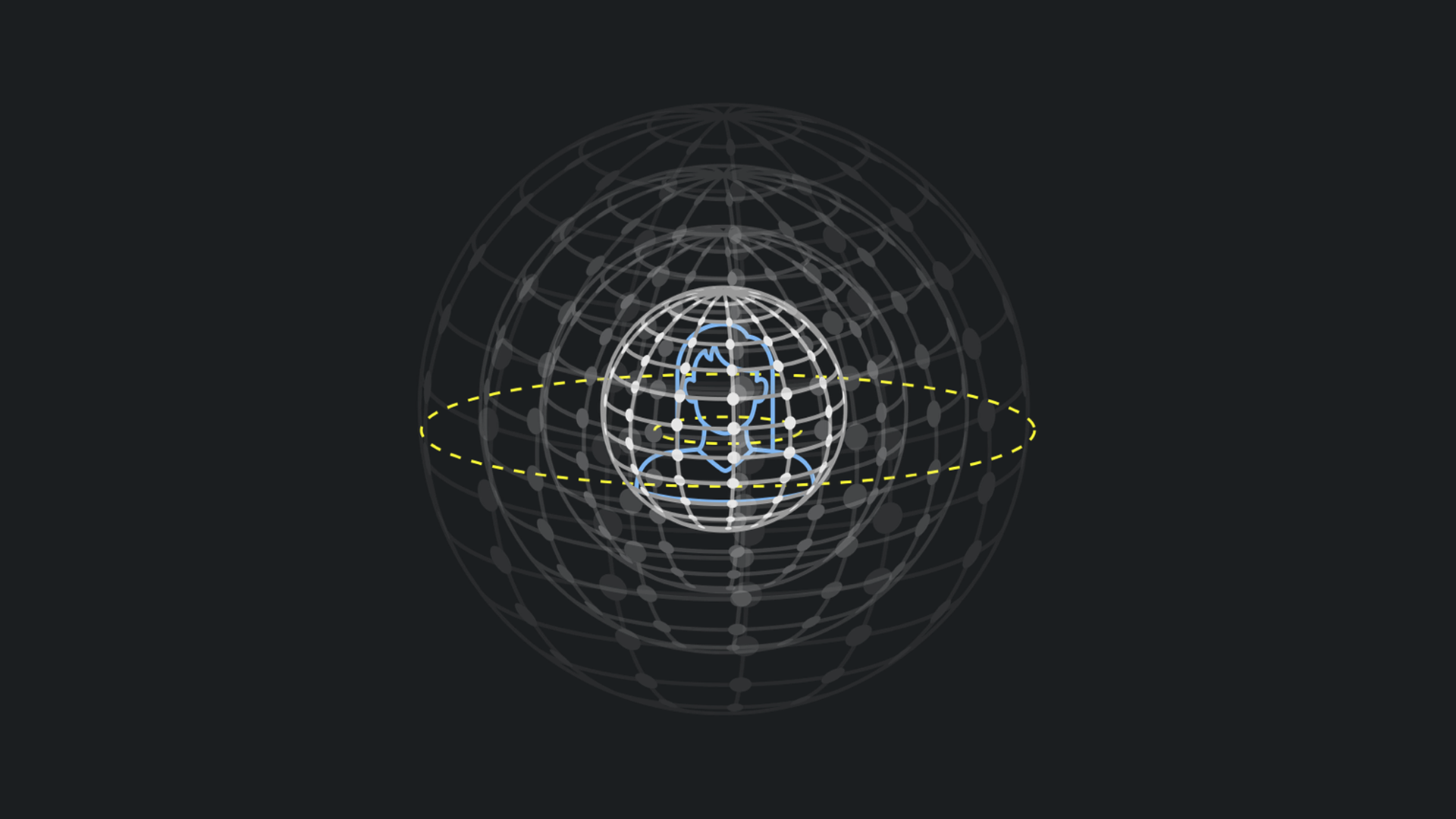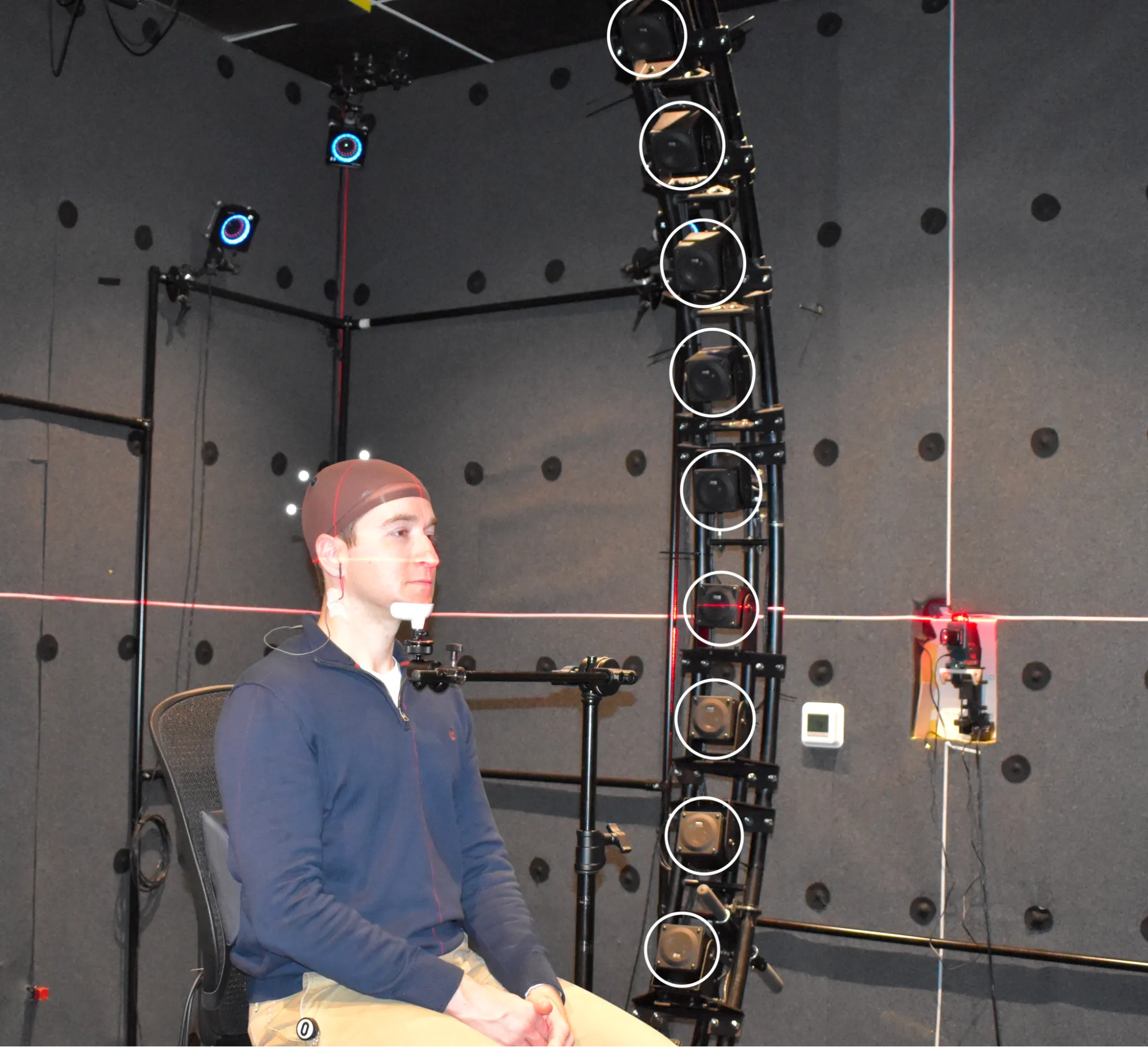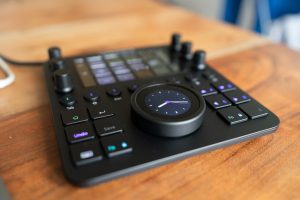
Meta Upgrades Quest Spatial Audio To Be More Realistic
Meta is making audio spatialization on Quest more realistic by upgrading the HRTF model.
Spatial audio works by using a Head-Related Transfer Function (HRTF), a mathematical function that calculates the filter to apply to the audio for each ear to make it sound like it was emitted from a precise point in 3D space relative to your head. It’s completely different to the basic audio panning used in most non-VR games.
Oculus launched an Audio SDK in 2015 using a HRTF, and over the years it saw several improvements including near-field HRTF, volumetric sources, dynamic room modeling, and even geometry-based sound propagation.
Earlier this year Meta deprecated the Oculus Audio SDK and replaced it with Meta XR Audio SDK. It’s based on the same core technology though, and was essentially just a rebrand, but it’s now diverging with a major upgrade.
HRTFs vary between individuals based on the shape of your ears and the distance between them. Apple actually lets its users generate a custom HRTF using an iPhone TrueDepth face scan, which newer AirPods and Vision Pro can leverage.
Meta doesn’t have a way to measure your face and ears, so it uses a HRTF intended to be an average of the general population. The current HRTF is based on publicly-available data, but Meta claims it has been making a “substantial investment in audio research”, and in the past few years its researchers have captured a larger and more precise dataset of the HRTFs for over 150 people.

Meta calls the new model based on this new dataset Universal HRTF. The company claims it gives improved localization and frequency accuracy.
The improved localization means the audio will sound more like it’s coming from the virtual audio source, “particularly when judging the elevation”, according to Meta, while the improved frequency accuracy means the audio will sound more natural, with “less coloration and filtering”.
Meta says it conducted a user test of Universal HRTF with over 100 people, with the average “subjective user preference score” increasing from 37 to 52 points and elevation detection accuracy improving by 81%.
Universal HRTF will be included in v55 of the Meta XR Audio SDK for Unity, set to release very soon. To take advantage of Universal HRTF developers just need to upgrade the SDK and rebuild their app, no other changes are needed.


